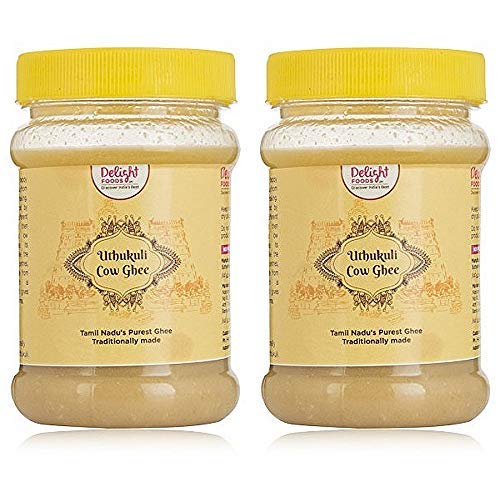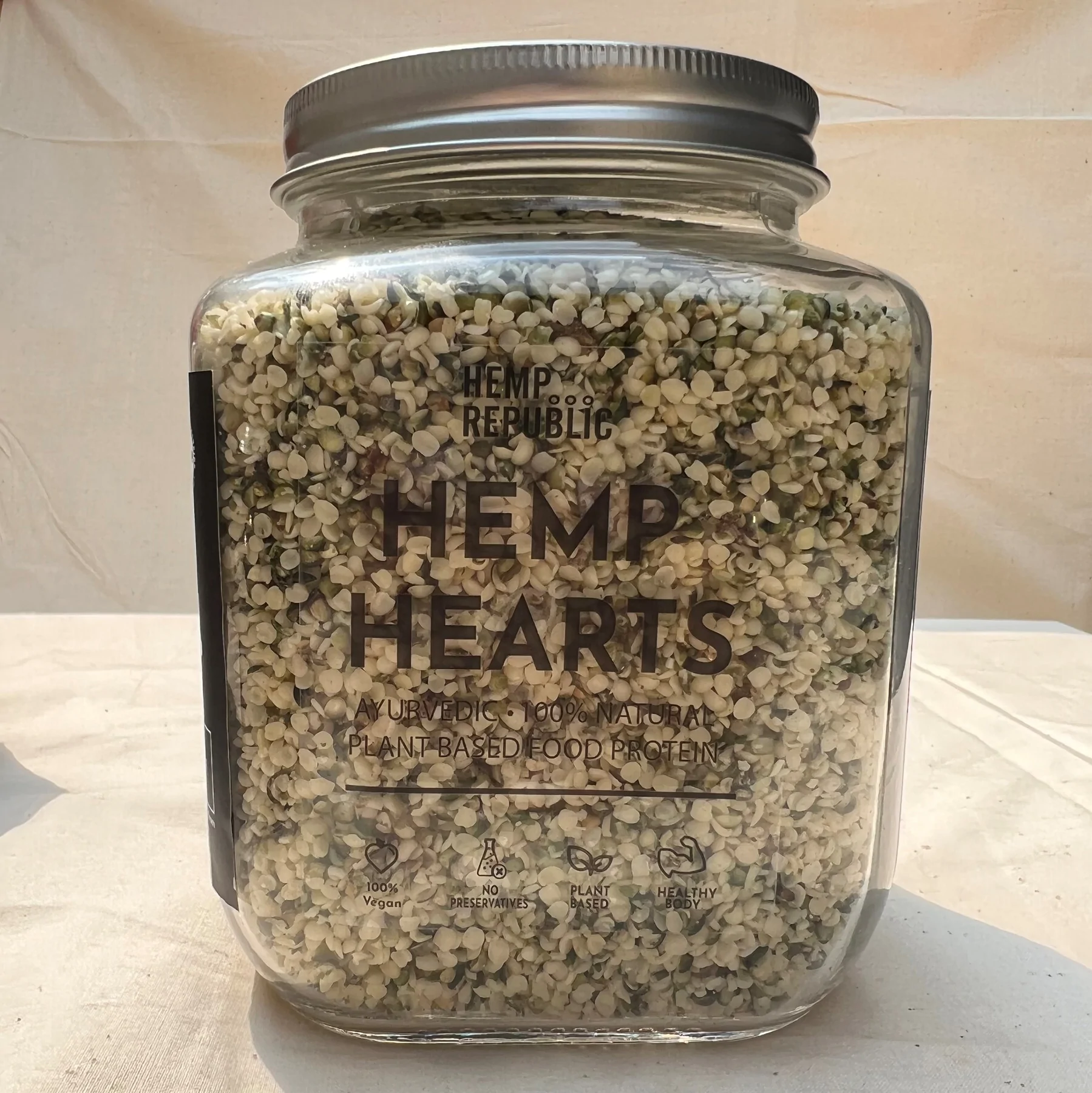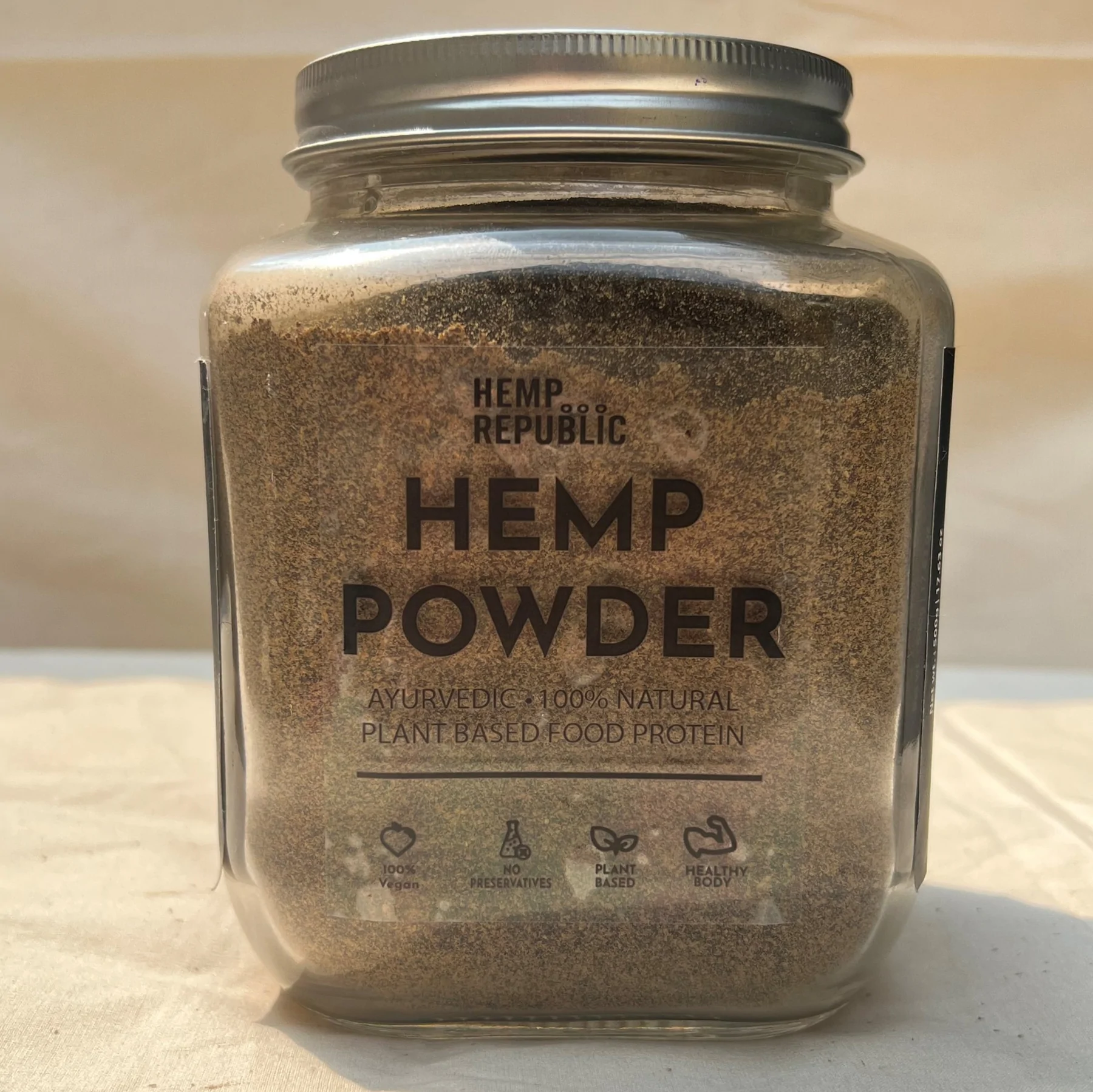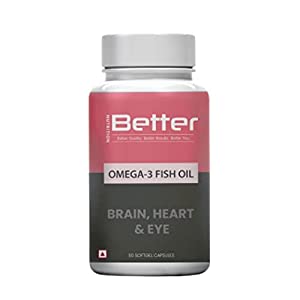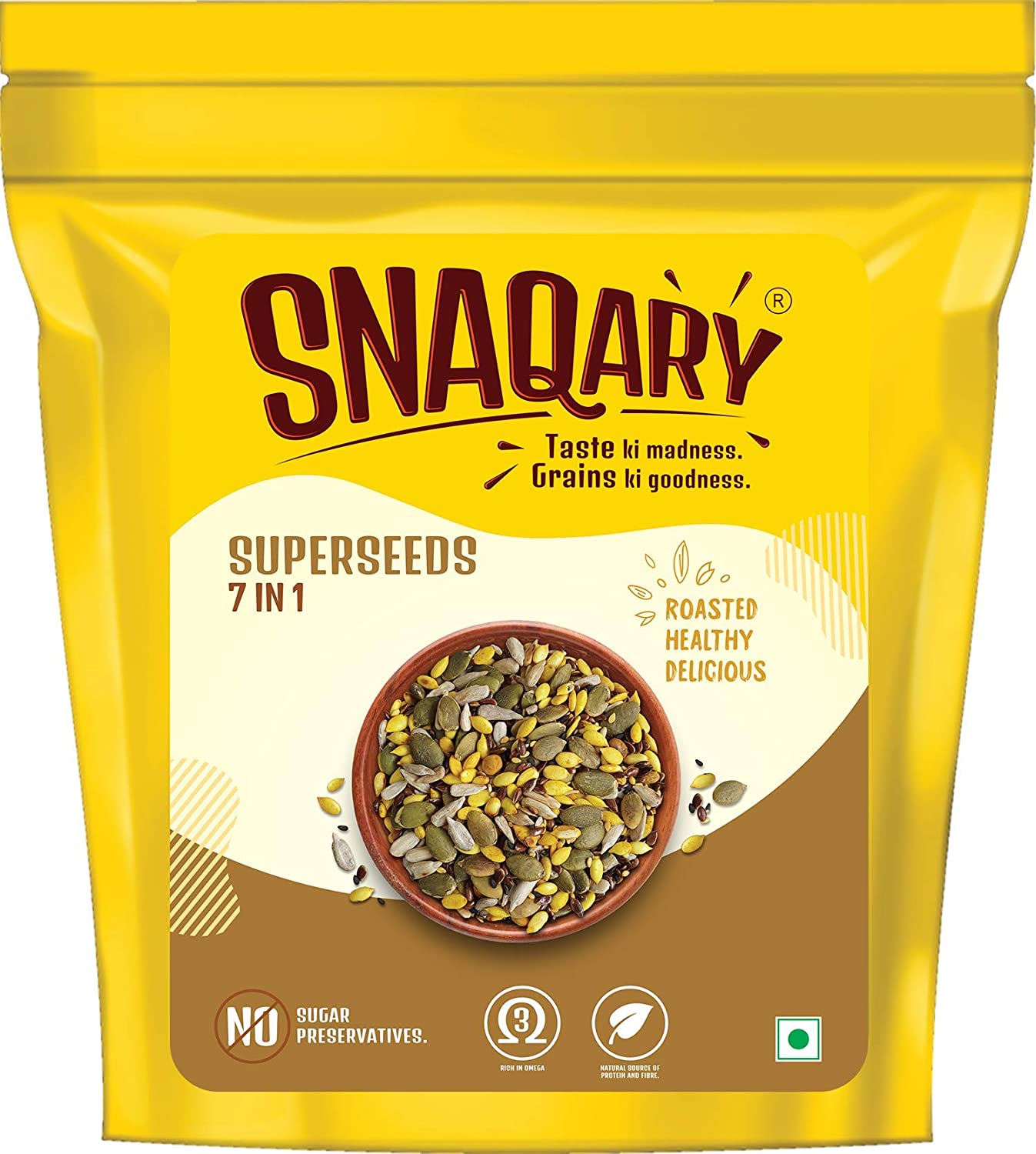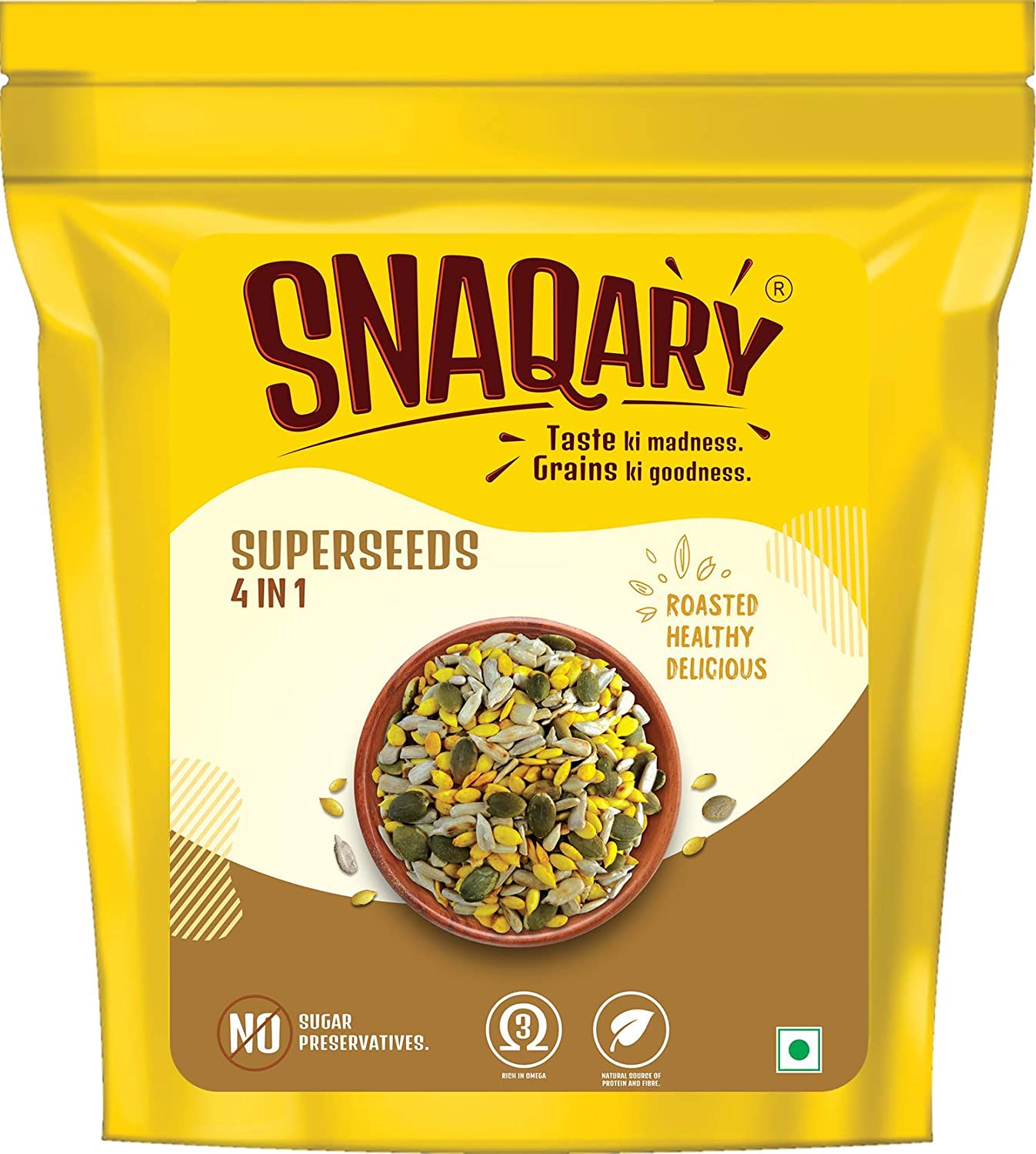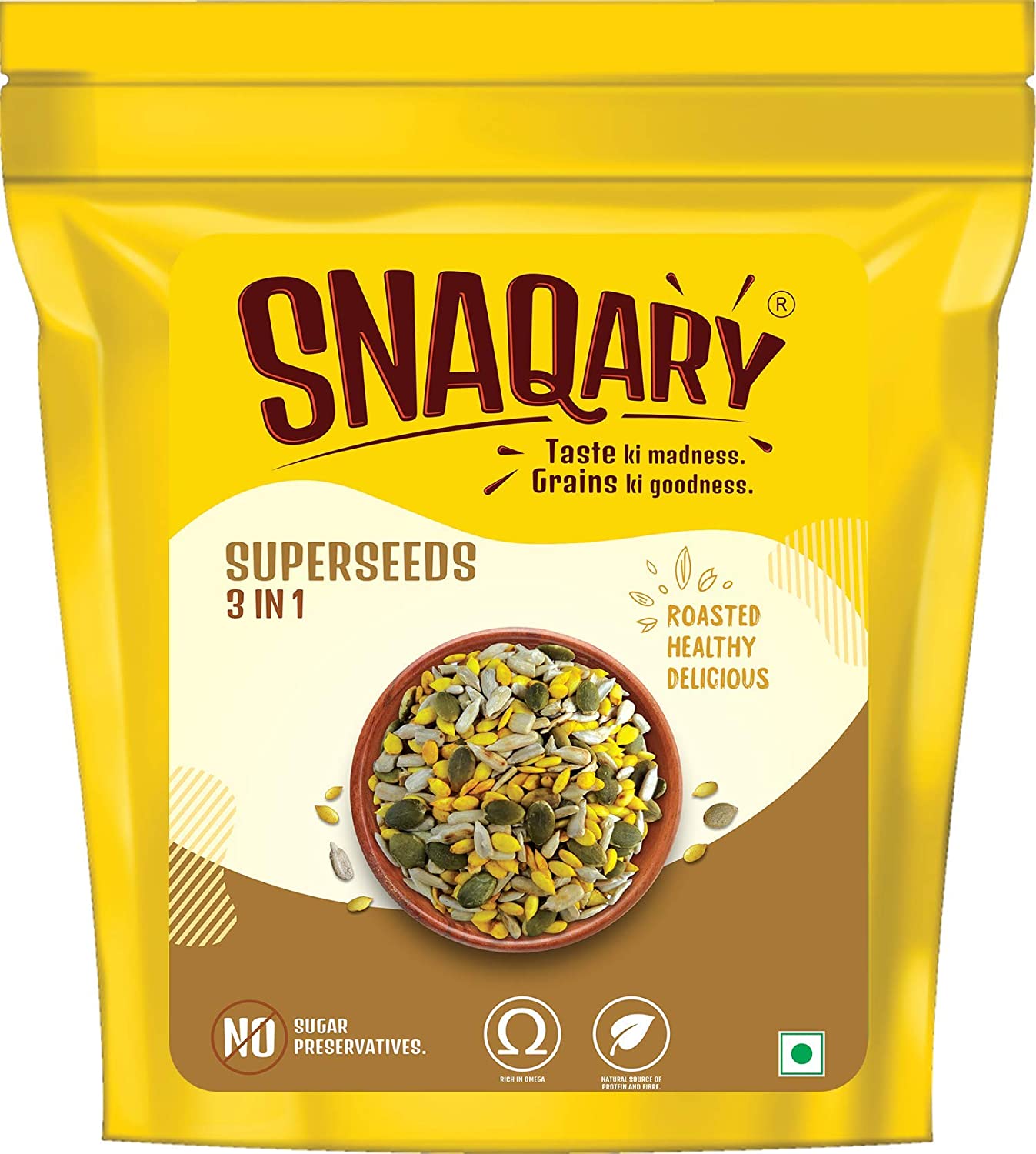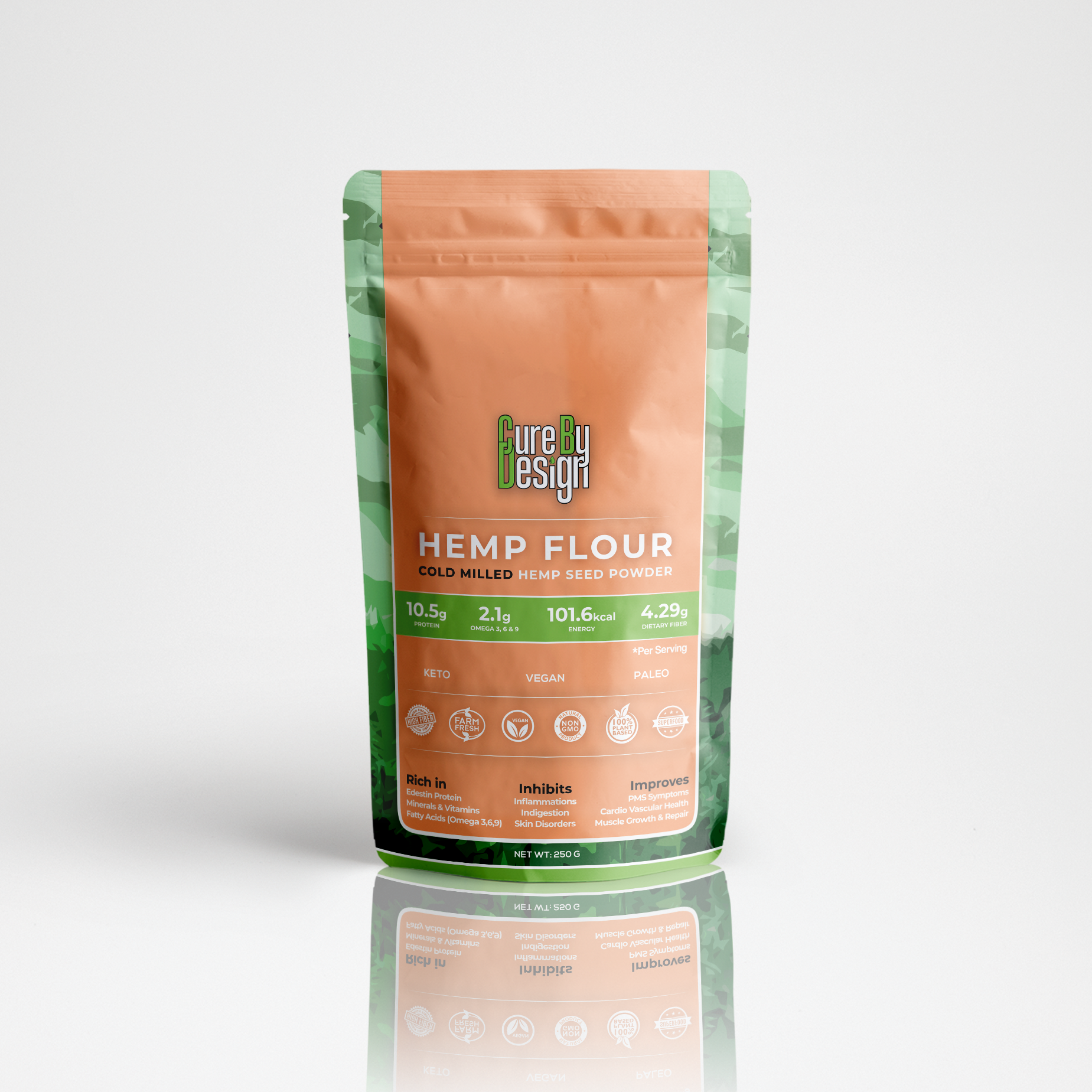Omega 9 (Oleic Acid)
Macronutrient
Last update date: October 11, 2023
Omega-9 or Oleic acid is a monounsaturated fatty acid (MUFA). Olive oil is one of the richest sources of oleic acid. It is also found in nuts and seeds.
Frequently Asked Questions
1.
What is Omega 9 (Oleic Acid)?
Omega-9 fatty acids are a type of monounsaturated fat found in various foods. They are named "omega-9" because the first double bond in their molecular structure is located nine carbons away from the omega end. The most common omega-9 fatty acid is oleic acid, which is also the most prevalent monounsaturated fatty acid in our diet. Omega-9s play a vital role in maintaining overall health and well-being.
2.
What is positive impact of Omega 9 (Oleic Acid)?
Omega-9 fatty acids offer numerous positive effects on your health. They have been linked to a decreased risk of cardiovascular disease and stroke, making them beneficial for heart health. By including omega-9-rich foods in your diet, you can help maintain healthy cholesterol levels and reduce inflammation, supporting the well-being of your cardiovascular system and promoting optimal blood flow. Moreover, incorporating omega-9s into your meals may lead to increased energy levels, enhanced mood, and a reduction in feelings of anger and irritability. These healthy fats play a role in the production of neurotransmitters in the brain that regulate emotions, potentially contributing to an overall sense of well-being and mental balance. Additionally, emerging research suggests that omega-9 fatty acids might provide advantages for individuals with Alzheimer's disease, as they may support brain health and cognitive function. While further studies are needed, including omega-9-rich foods in your diet could potentially help reduce the risk or slow the progression of neurodegenerative disorders.
3.
What is negative impact of Omega 9 (Oleic Acid)?
Omega-9 fatty acids are generally considered beneficial and do not have significant negative impacts when consumed in appropriate amounts. However, it's important to note that consuming excessive amounts of any type of fat can lead to weight gain and related health issues. Therefore, it is crucial to moderate your intake of omega-9-rich foods and maintain a balanced diet overall. Additionally, individuals with specific medical conditions, such as certain liver diseases or pancreatic disorders, may need to monitor their fat intake more closely. It's advisable to consult with a healthcare professional for personalized guidance if you have any underlying health concerns.
4.
Who should avoid Omega 9 (Oleic Acid)?
While omega-9 fatty acids are generally safe and beneficial for most individuals, it is important to practice moderation in their consumption. If you have specific medical conditions, such as certain liver or pancreatic disorders, it is advisable to consult with a healthcare professional or registered dietitian to determine the appropriate amount of omega-9s for your needs. They can provide personalized guidance based on your health status, ensuring that your intake aligns with your individual requirements.
5.
What are common sources of Omega 9 (Oleic Acid)?
Common dietary sources of omega-9 include: Sunflower oil: Use it for cooking or salad dressings. Hazelnuts: Enjoy them as a snack or use them in baking and cooking. Safflower oil: Suitable for cooking, frying, or in salad dressings. Macadamia nuts: Eat them as a snack or use them in both sweet and savory recipes. Soybean oil: It's a versatile oil for cooking, baking, and stir-frying. Olive oil: Use it for cooking, salad dressings, or as a dip for bread. Canola oil: Suitable for various cooking methods, including baking and frying. Almond butter: Spread it on toast, add to smoothies, or use in baking. Avocado oil: Ideal for high-heat cooking, such as sautéing or grilling.


